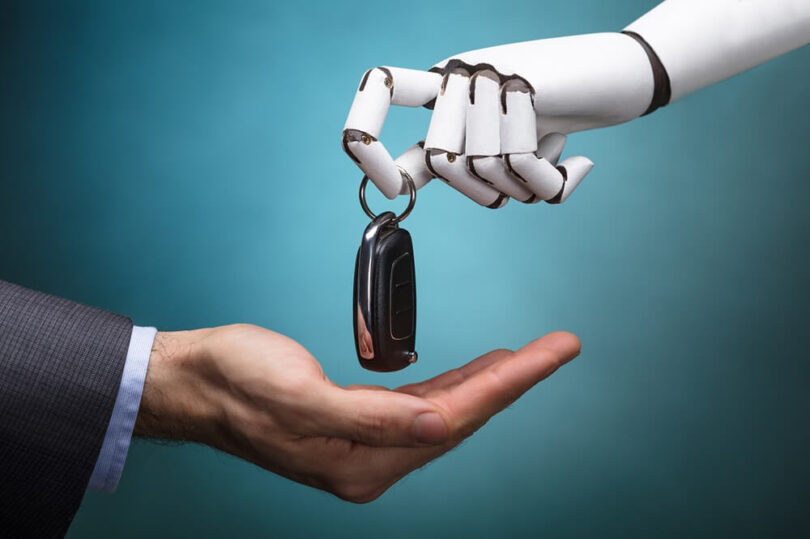Artificial intelligence (AI) is reshaping industries across the board, and the automotive sector is no exception. Car dealerships are increasingly turning to AI technologies to enhance personal marketing, automate sales processes, and improve customer service. While the benefits are substantial, there are also challenges that dealerships must navigate as they integrate these advanced systems. Here’s an overview of how AI is transforming car dealerships and the obstacles they face.
Transforming Personal Marketing
Personalized Customer Engagement
AI’s capability to analyze large datasets enables car dealerships to craft highly personalized marketing strategies. By leveraging customer data—such as browsing history, past purchases, and demographic information—dealerships can tailor their marketing messages. For instance, an AI system might identify a customer who has shown interest in electric vehicles and send targeted promotions for the latest models.
Predictive Analytics
Predictive analytics is another game-changer. AI can analyze customer behavior patterns and forecast future actions, allowing dealerships to anticipate customer needs. If a customer frequently engages with luxury sedans, AI can alert sales teams to proactively reach out with relevant offers. This level of personalization not only enhances the customer experience but also boosts conversion rates.
Streamlining Sales Automation
Lead Qualification and Management
AI simplifies lead management by automating the qualification process. Advanced algorithms can score leads based on their likelihood to convert, enabling sales teams to prioritize high-potential customers. This automation saves valuable time and resources, allowing sales staff to focus on building relationships rather than sifting through countless leads.
Chatbots and Virtual Assistants
AI-driven chatbots are becoming integral to customer interactions at car dealerships. Available 24/7, these virtual assistants can handle inquiries, schedule appointments, and provide information about vehicles and financing options. This immediate support not only enhances customer satisfaction but also frees up human staff to address more complex issues.
Enhancing Customer Service
24/7 Support
AI technologies enable dealerships to offer round-the-clock customer service. Customers can get answers to their questions and support outside of regular business hours, improving overall satisfaction. Whether it’s providing details about a vehicle or assisting with service bookings, AI ensures that customers have access to information whenever they need it.
Sentiment Analysis
AI can also analyze customer feedback from various sources—like social media, reviews, and surveys—to gauge sentiment. Understanding customer feelings and perceptions allows dealerships to adjust their services and marketing strategies accordingly, fostering a more responsive and customer-centric approach.
Challenges of Implementing AI
Data Privacy and Security
One of the most significant challenges in adopting AI is ensuring data privacy and security. Car dealerships handle sensitive customer information, and any breaches can lead to severe consequences. Ensuring compliance with privacy regulations and protecting customer data is paramount, requiring robust security measures and policies.
High Initial Costs
Implementing AI technologies often comes with high upfront costs. From acquiring the necessary software and hardware to training staff, the initial investment can be daunting for many dealerships, especially smaller ones. This financial burden may deter some from fully embracing AI solutions.
Integration with Existing Systems
Many dealerships rely on legacy systems that may not easily integrate with new AI technologies. The complexity of merging old and new systems can lead to operational disruptions and inefficiencies. Dealerships must invest time and resources into ensuring smooth integration to realize the full benefits of AI.
Skills Gap
The successful implementation of AI requires skilled personnel who understand both the technology and the automotive industry. There is often a skills gap, with many employees lacking the necessary training to effectively use AI tools. Dealerships may need to invest in continuous training and development to bridge this gap.
Artificial intelligence is undeniably transforming personal marketing, sales automation, and customer service in car dealerships. By leveraging AI, dealerships can enhance customer experiences, streamline operations, and boost sales. However, the journey to AI integration is not without its challenges, including data privacy concerns, high costs, system integration issues, and the need for skilled personnel. As dealerships navigate these obstacles, those who successfully harness the power of AI will be well-positioned to thrive in the evolving automotive landscape.
Jenni Halamuda
Miller Ad Agency, VP Automotive Account Services









